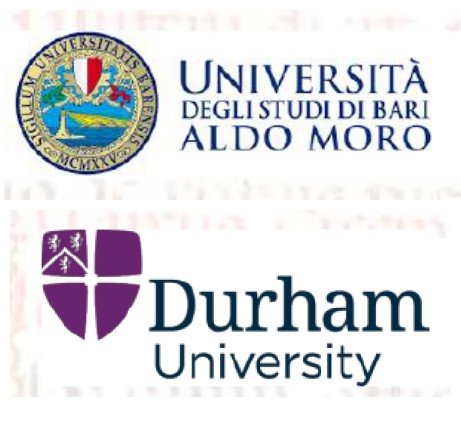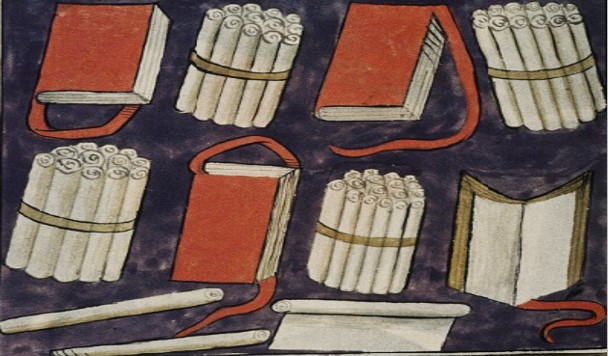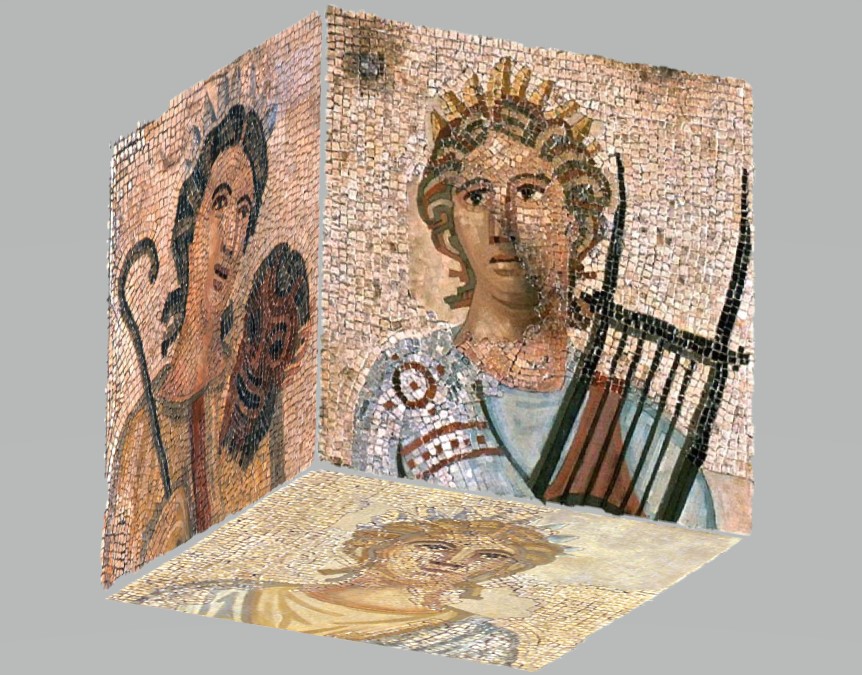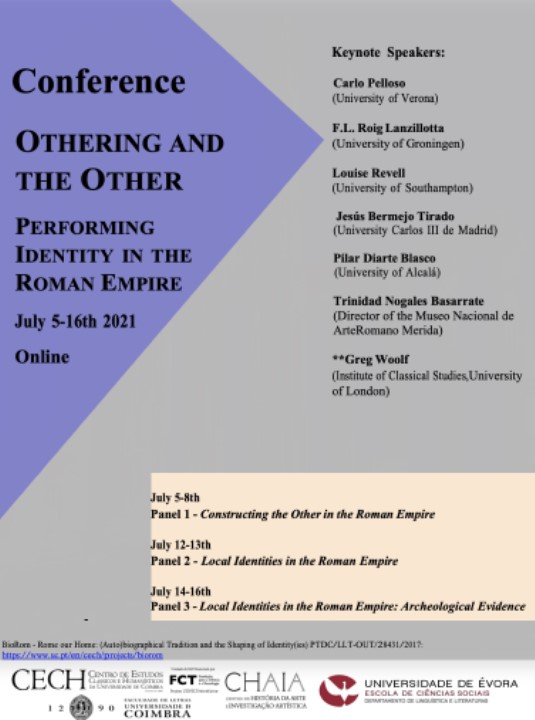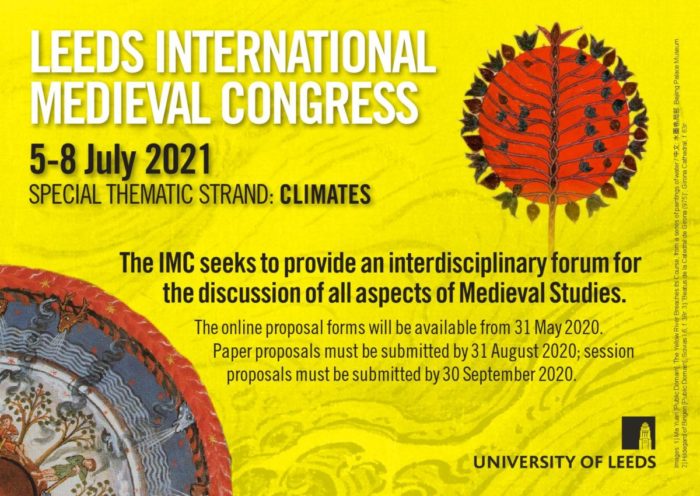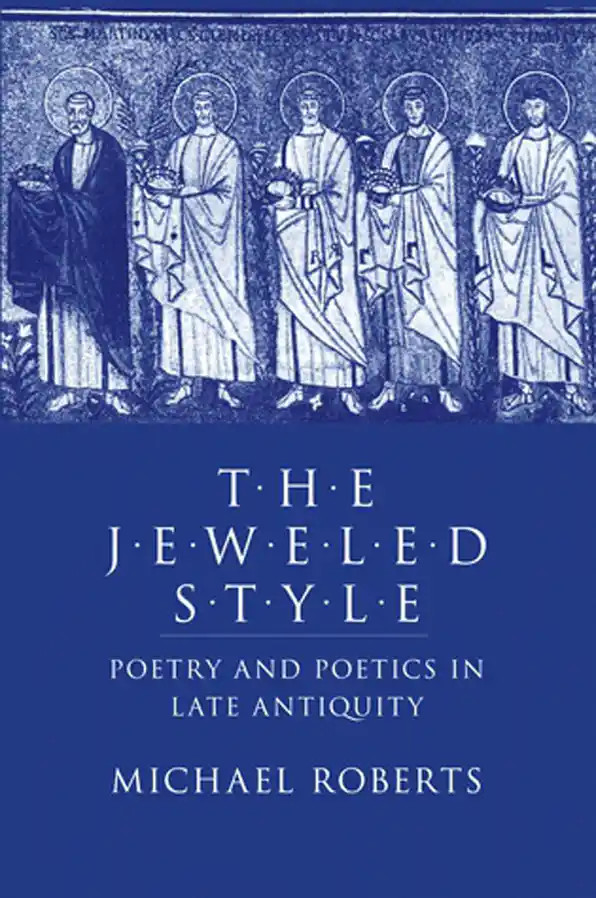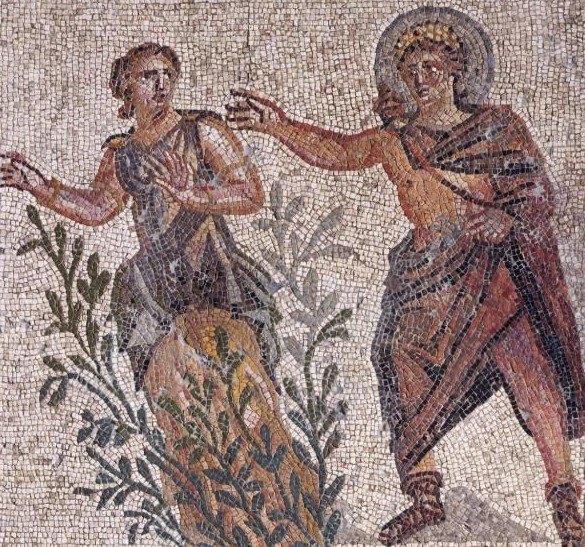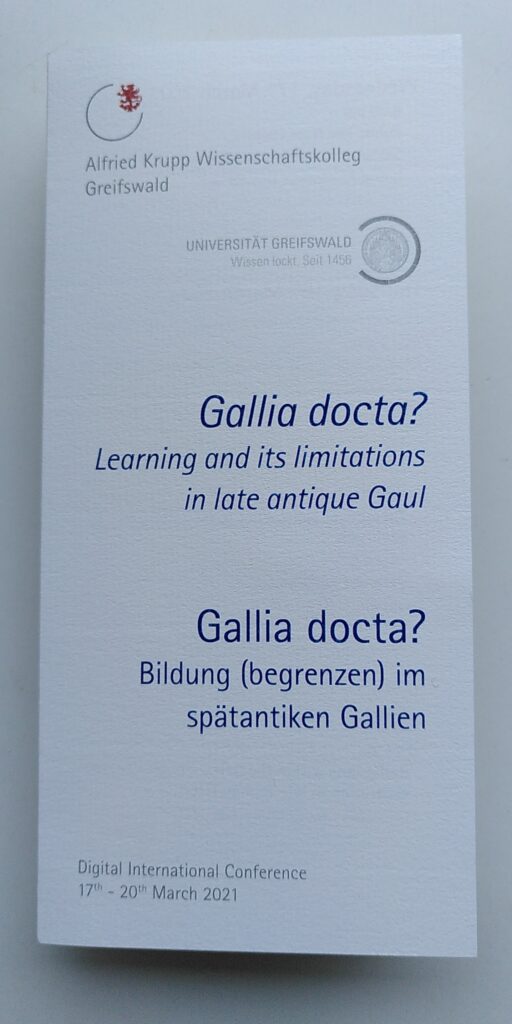We are delighted to announce the conference ‘The Jeweled Style Revisited’, which aims at developing, extending, celebrating and refining (aspects of) the concept first described by Michael Roberts in his seminal study The Jeweled Style (1989). The conference is going to take place online (Zoom) on Friday 25 June and Saturday 26 June 2021.
For the programme, see below or here. To register, please email helen.kaufmann@fau.de by 24 June. All are welcome!
Best wishes,
Joshua Hartman and Helen Kaufmann
The Jeweled Style Revisited
Friday 25 June 2021
14.45h Welcome: Joshua Hartman (Bowdoin) and Helen Kaufmann (Erlangen)
14.50h Introduction: Joshua Hartman (Bowdoin)
15.00h-16.30h: First session: Vergil, Homer, and Classicism in the Jeweled Style
Scott McGill (Rice), Virgil’s children: Christian centos and Virgil’s fourth Eclogue
Frances Foster (Cambridge), Learning the Jeweled Style
Fotini Hadjittofi (Lisbon), The Greek Jeweled Style
16.30h-16.45h: Break
16.45h-18.15h: Second session: Homiletics, Exegesis, and the Jeweled Style
David Ungvary (Bard), The cento and scripture: An early Christian debate over the poetics of exegesis
Francesco Lubian (Padua), Sparkles and textures: Jeweled sea storm descriptions in Zeno of Verona and Ambrose’s Exameron
Elena Castelnuovo (Milan), Biblical clusters in Dracontius’ De Laudibus Dei: A Christian Jeweled Style?
18.15h-18.30h: Break
18.30h-20.00h: Third session: Testing the Boundaries of the Jeweled Style
Markus Kersten and Ann-Kathrin Stähle (Basel), Jewels or rhinestones? Diminishing paratexts in Ausonius and Sidonius Apollinaris
Jesús Hernández Lobato (Salamanca), An ‘unjeweled’ Christian style? A look at Augustine’s Confessions
Bret Mulligan (Haverford), The Jeweled Style in epigram
Saturday 26 June 2021
15.00h-16.30h: Fourth session: The Language of the Jeweled Style
Michael Roberts (Wesleyan), The Jeweled Style in context
Cillian O’Hogan (Toronto), The Jeweled Style in early medieval Latin poetry
Christoph Schubert (Erlangen), Metaphor squared
16.30h-16.45h: Break
16.45h-18.15h: Fifth session: Histories of The Jeweled Style
Ian Fielding (Michigan), Run the jewels: The decadent prehistory of the Jeweled Style
Ruth Parkes (UWTSD), Reclaiming the wood from the trees: The Jeweled Style and Silver Latin scholarship
Carole Newlands (Colorado), Architectural ekphrasis in Venantius Fortunatus: Beyond the Jeweled Style
18.15h-18.30h: Break
18.30h-20.00h: Sixth session: Unity, Genre, and the Jeweled Style
Andreas Abele (Tübingen), The Jeweled Style and Neoplatonism
Catherine Ware (Cork), The Jeweled Style in prose panegyric
Helen Kaufmann (Erlangen), Digression, variety and unity in (late) Latin poetry
20.00h-20.30h: Break
20.30h: Final discussion
All times are Central European Time.
Further information: https://www.klassische-philologie.phil.fau.de/2021/06/12/internationale-tagung-the-jeweled-style-revisited/

